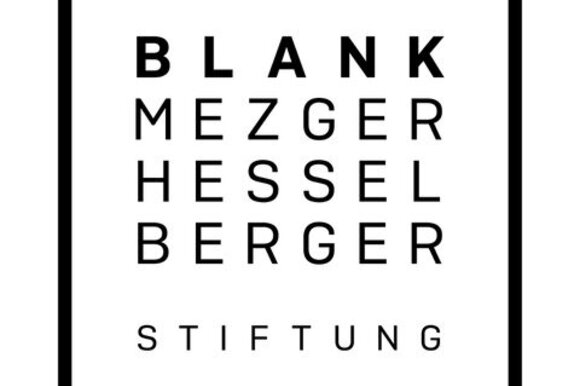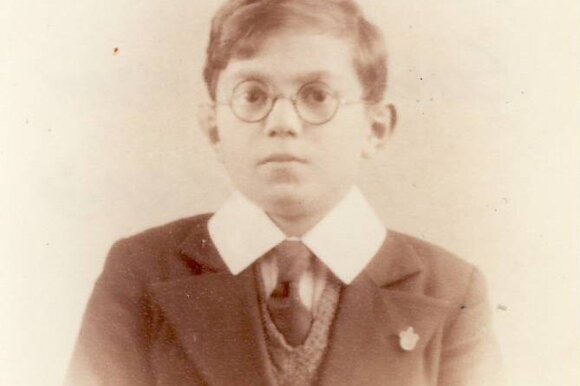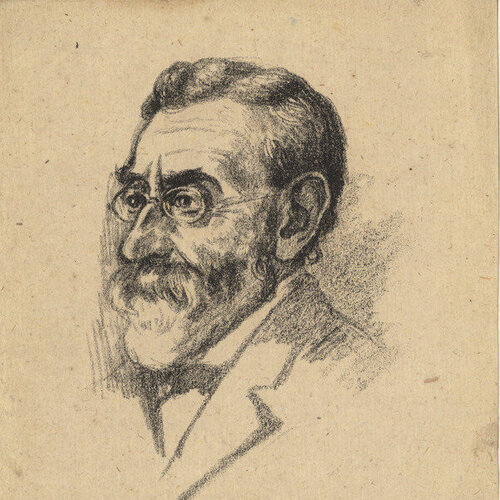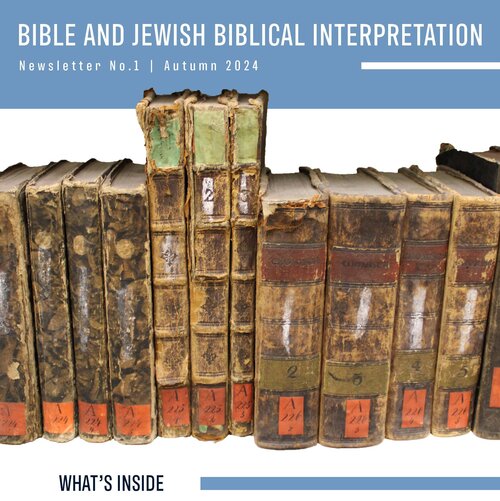The university in the New York Times
The article describes how thousands of Jewish books looted by the Nazis from the Jewish Theological Seminary in Budapest during the Second World War are slowly being returned decades later - including a particularly valuable copy that was recently ceremoniously handed over in New York. The return of these works is symbolic of international cooperation in the restoration of looted Jewish cultural assets and the preservation of Jewish memory.
A restitution to the seminary in Budapest also took place in our university. Read the article
To the podcast with Philipp Zschommler, who heads the provenance project
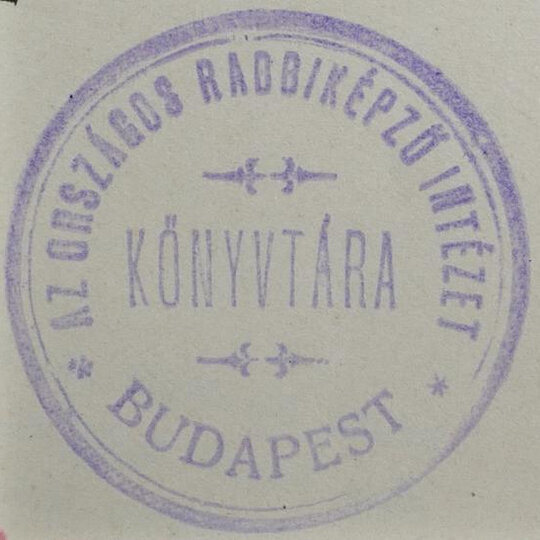
-
Date 19 September 2025
-
Time 07:09 UTC+02:00
-
Participation
-
Language
-
Contact
-
Location
-
Registration? No

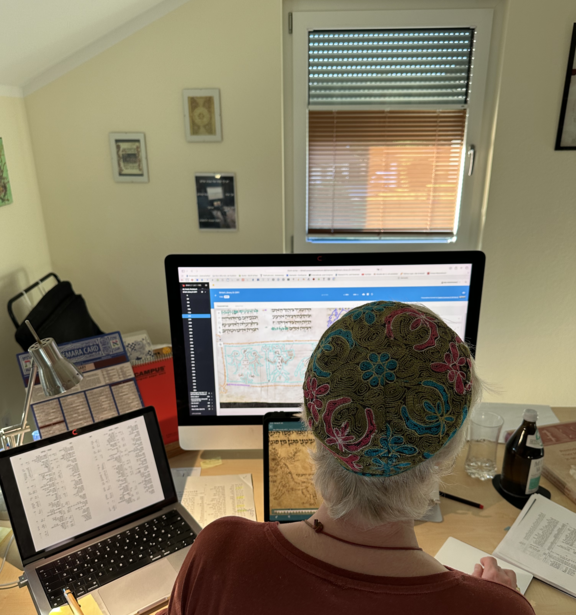
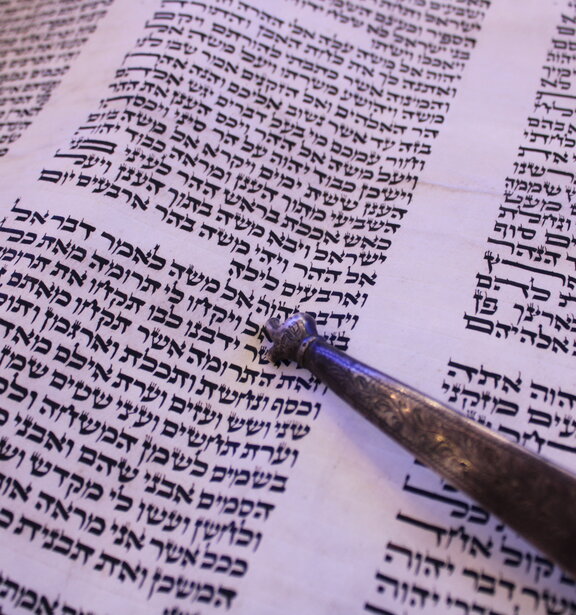
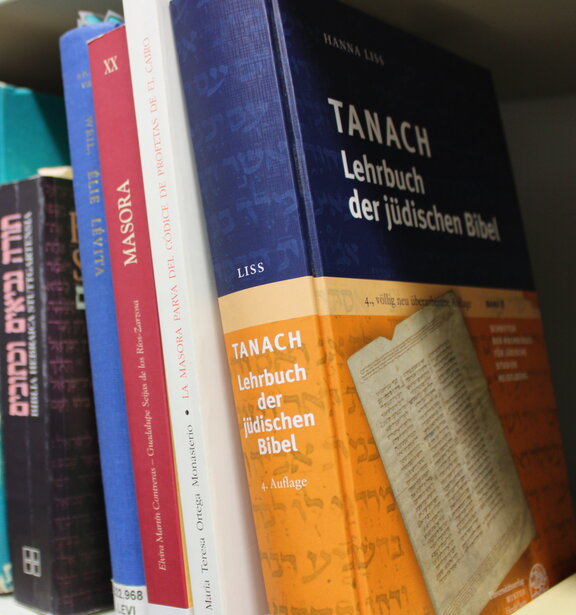
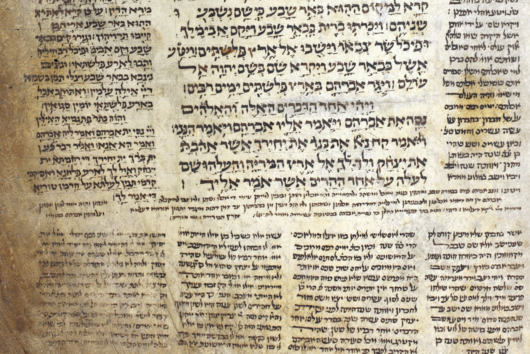
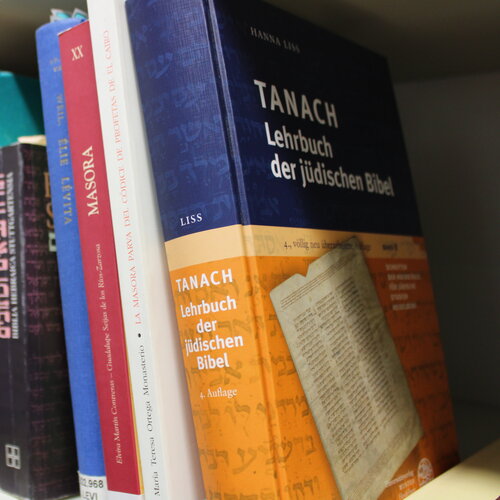
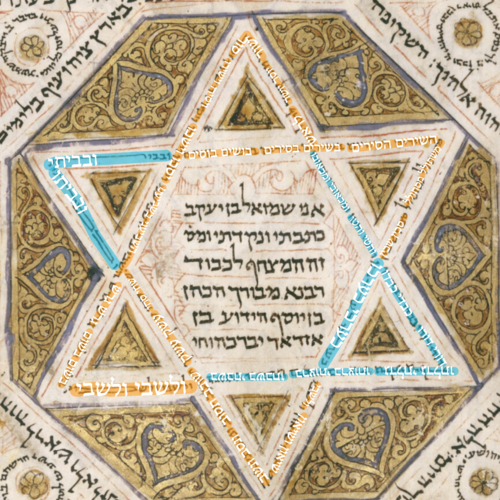
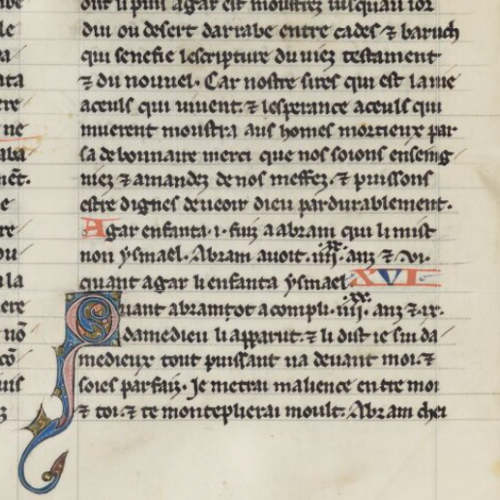
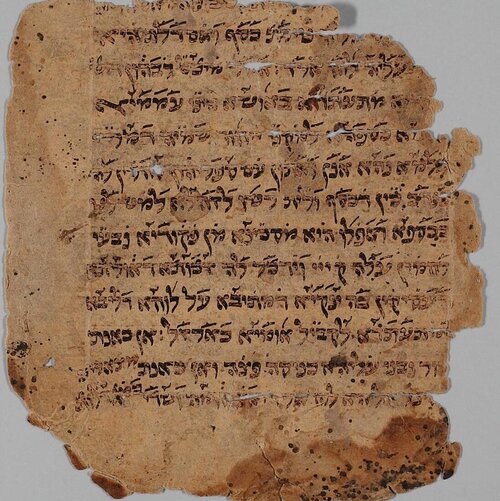
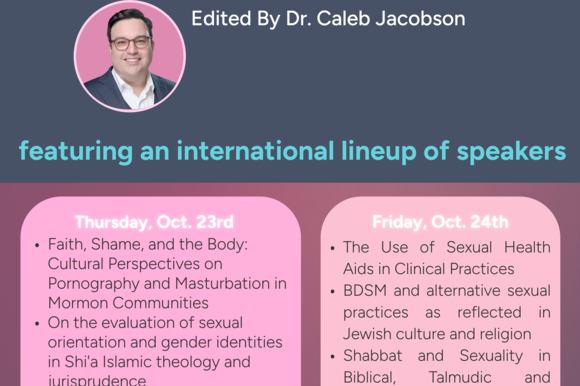

![[Übersetzen nach: English] [Übersetzen nach: English]](/fileadmin/_processed_/b/d/csm_Jom_Kippur_2025_0e84c8661c.png)
